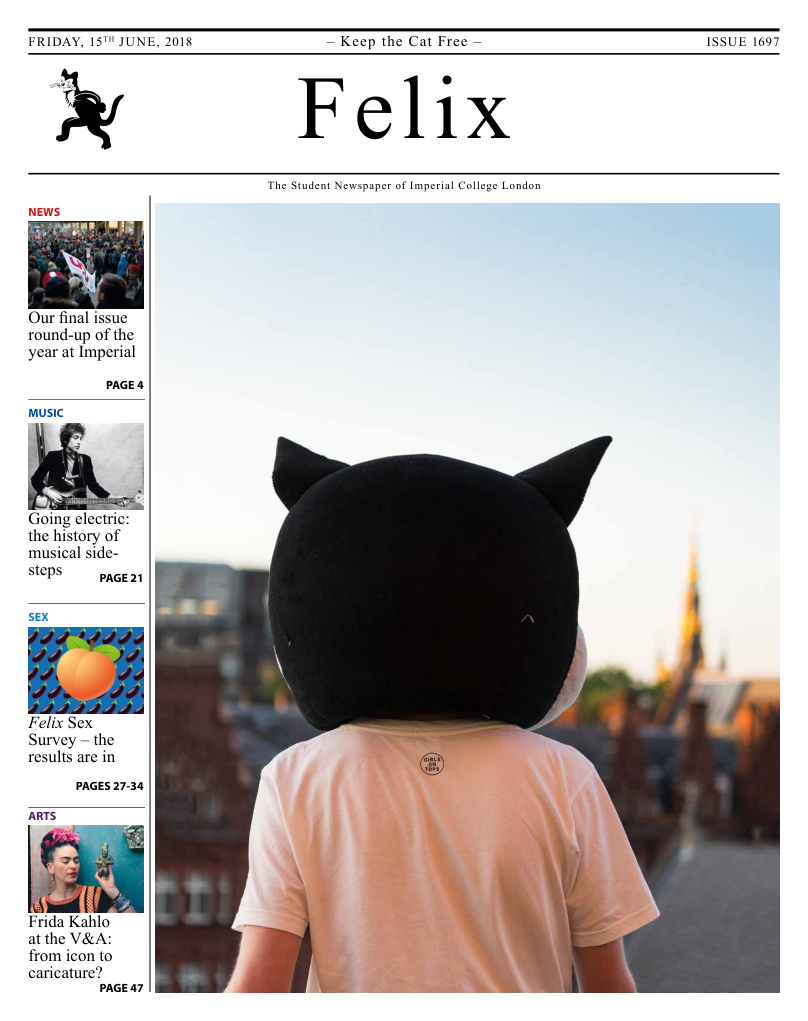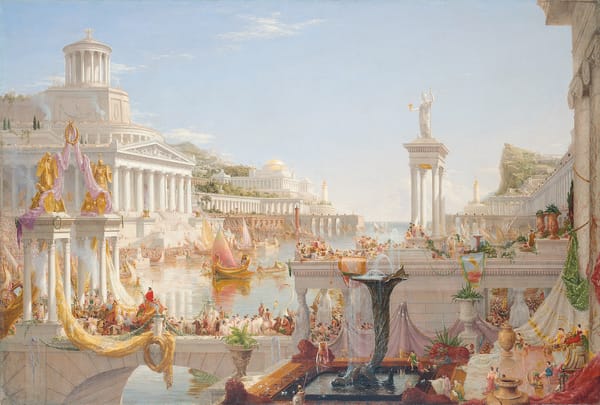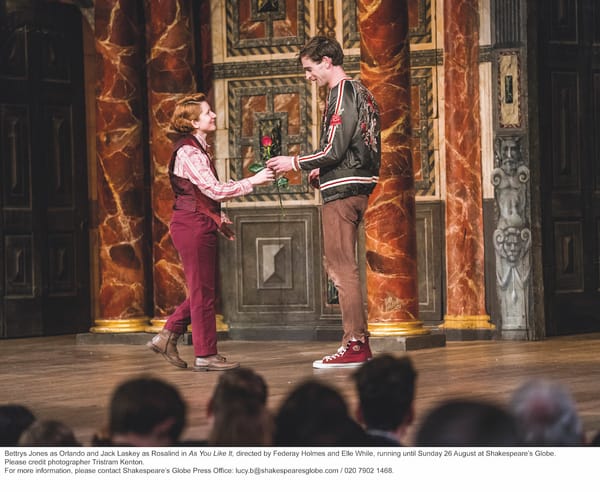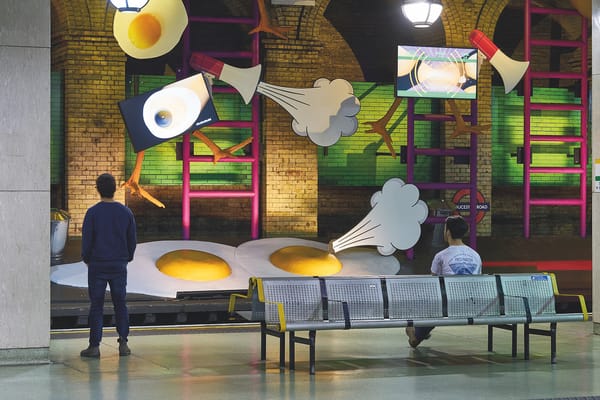Lessons in Love and Violence: a big name production fails to deliver
George Benjamin’s conduction of his new opera on King Edward II hits the correct notes musically and presents a stellar cast, but the plot leaves a sense of disappointment at what could have been a brilliant spectacle.

Why is it so hard to write about operas? The Royal Opera House’s Lessons of Love and Violence left me with the feeling there was something brilliant going on. You could feel it in the sudden pauses, changes of motion, sharp minors, and dark bursts of music. And strangely, an odd feeling still haunts me.
The plot is all there. You have a King who has a lover, a wife who still loves and wants to rescue him, commoners who starve and die, and an adviser who can separate love and politics. Love and politics – an intense conflict between the two different concepts that rarely enter into our lives, but fight it out in people who owe us guidance.
The King – referred to as only this throughout the show – falls in love with Gaveston, one of the nobles he praises and provides for, even at the expense of his people. This reckless behaviour worries advisor Mortimer, who advises him to stop this relationship, and ends up exiled from the palace – it’s a decision which sets a train of consequences, ending up tearing his family apart. A traditional start for a usual opera seria, if it were not for the poor libretto following this call to action. This is not to blame the composer, or actors’ performances; in opera, music should be a tool to enhance the spectacle, transforming a regular play into a message that sinks in and leaves us with good memories long after leaving the theatre. Above all, it should serve the play, but the play should not rely on it to keep the show alive.
In an attempt to modernise the old tale of Edward II, who died from love and failed miserably in his role as monarch, the adaptation fell short and delivered a classic tale in a confusing way. A conflict of modern staging and historical plotting clashes in an unpleasant way for the viewer. The reality of the scenes simply do not match the main themes approached. This clash is more distinctly seen in the second scene when Mortimer brings poor commoners to the palace to confront the queen, Isabel, with the problems they face. This is one of my favourite scenes from the play, and yet it still feels like something is off with the plot, which forgot to modernise the characters’ dilemmas to the modern staging.
“The opera starts in a traditional manner, but is let down thanks to a poor libretto”
In addition to this, the script lacks the essential flow in verse that is sorely needed in a play of this expense and production. This is not entirely to blame to the writer alone, but more generally, to the communication between composition and lyrics.
Not everything is a disappointment. The music underlying the play shows moments of hidden brilliance, with mystical moments conducted with no powerful notes or usual use of noise and easy emotional chords.
The performances should be acknowledged too, with a brilliant turn from Barbara Hannigan as Isabel, who made herself heard in the vast space, displaying her soprano nuances. Peter Hoare, as Mortimer, and Gyula Orendt, as Gaveston, had voices which matched their perfectionist stage performances, with their smooth and distinctive voices able to occupy physical space.
“The opera is undone by trying to keep the best of both worlds: the modern and the classical”
In the end, Lessons in Love and Violence was undone by a terrible problem when adapting old pieces into modern styles: a self-absorbed ambition to keep the best of both worlds, without changing anything that actually brings something new. An old story, with a new adaptation, but still same core. A sort of intellectual effort to keep the old art alive with new pieces that will inevitably fail every time they ignore the need to make real changes in what is being presented. History lectures and background story should not be an exercise for the viewer, but something that everyone is able to understand. Hard-to-grasp dialogue, confusing topics, and undelivered lessons result in an unfinished product from the artists, not to be confused with elevated culture.
With all that said, I do not think operas fail the average arts-enthusiast. They can be enjoyable and funny, with philanthropists financing productions ensuring the art is continually elevated regardless of cultural shifts. Lessons in Love and Violence missed a bigger point than that. It failed to create a package of musical melody and theatrical drama that line up in only the best masterpieced of human talent.
Lessons in Love and Violence
2.5 Stars
Where? Royal Opera House When? Ended 26th May







